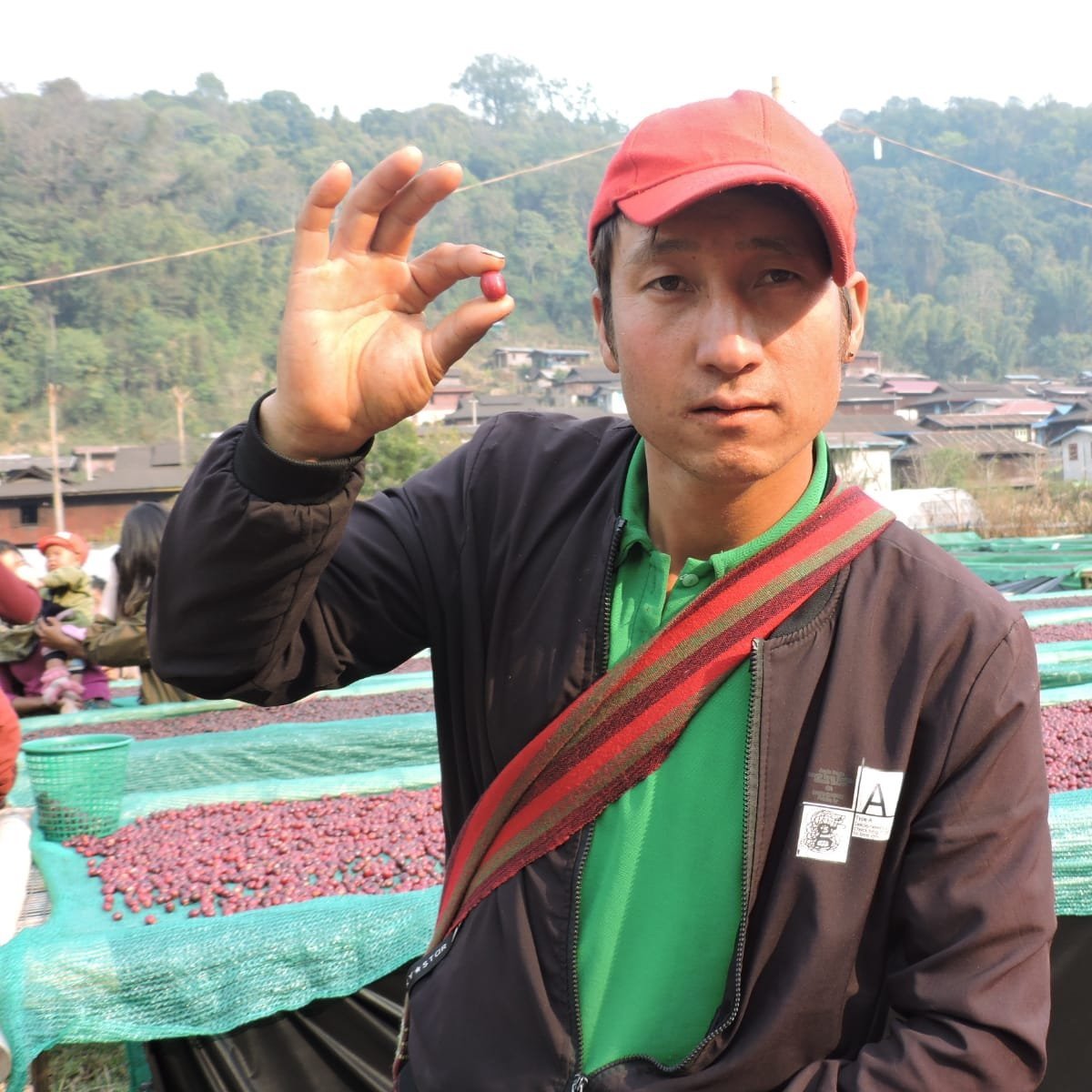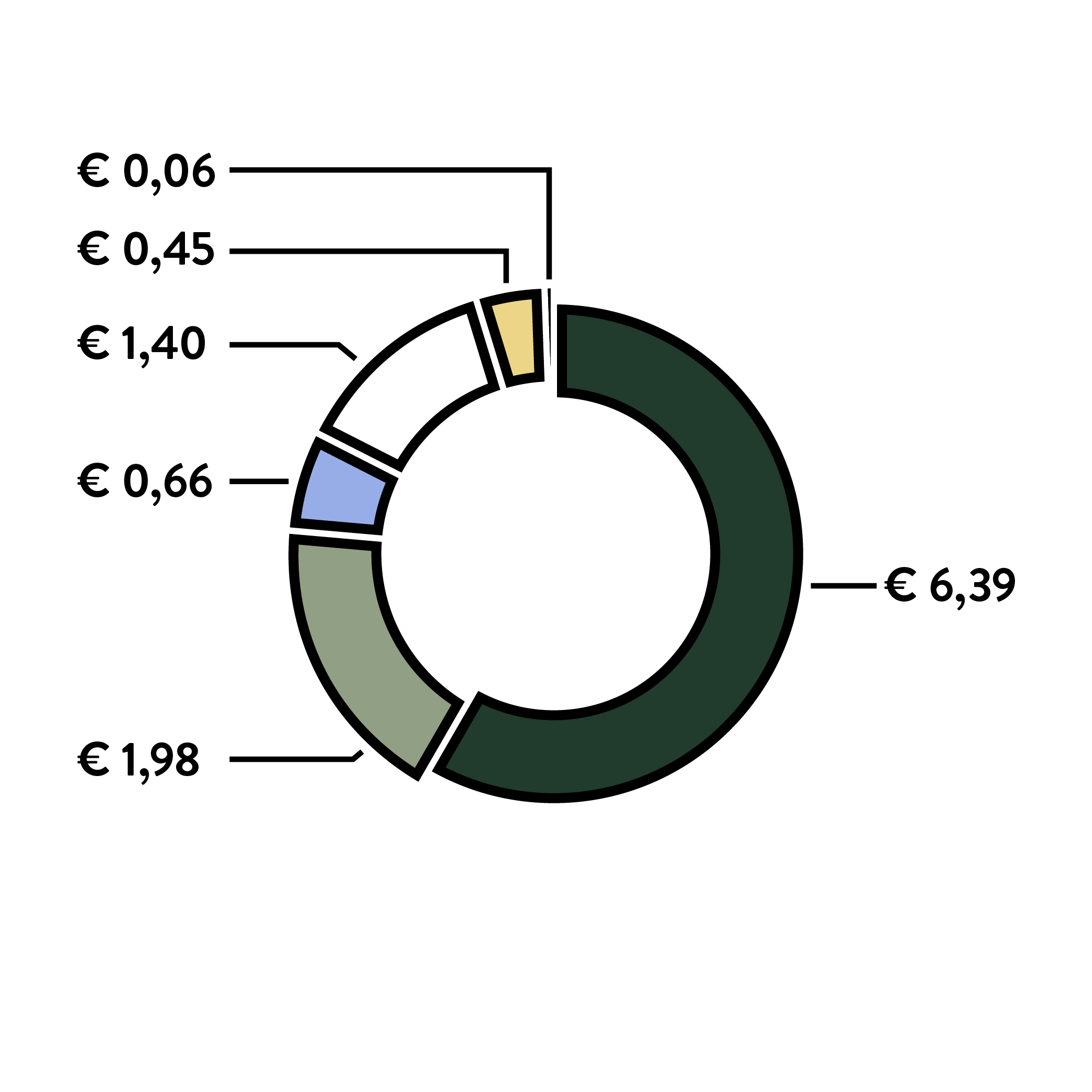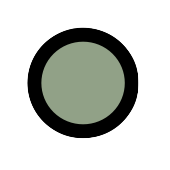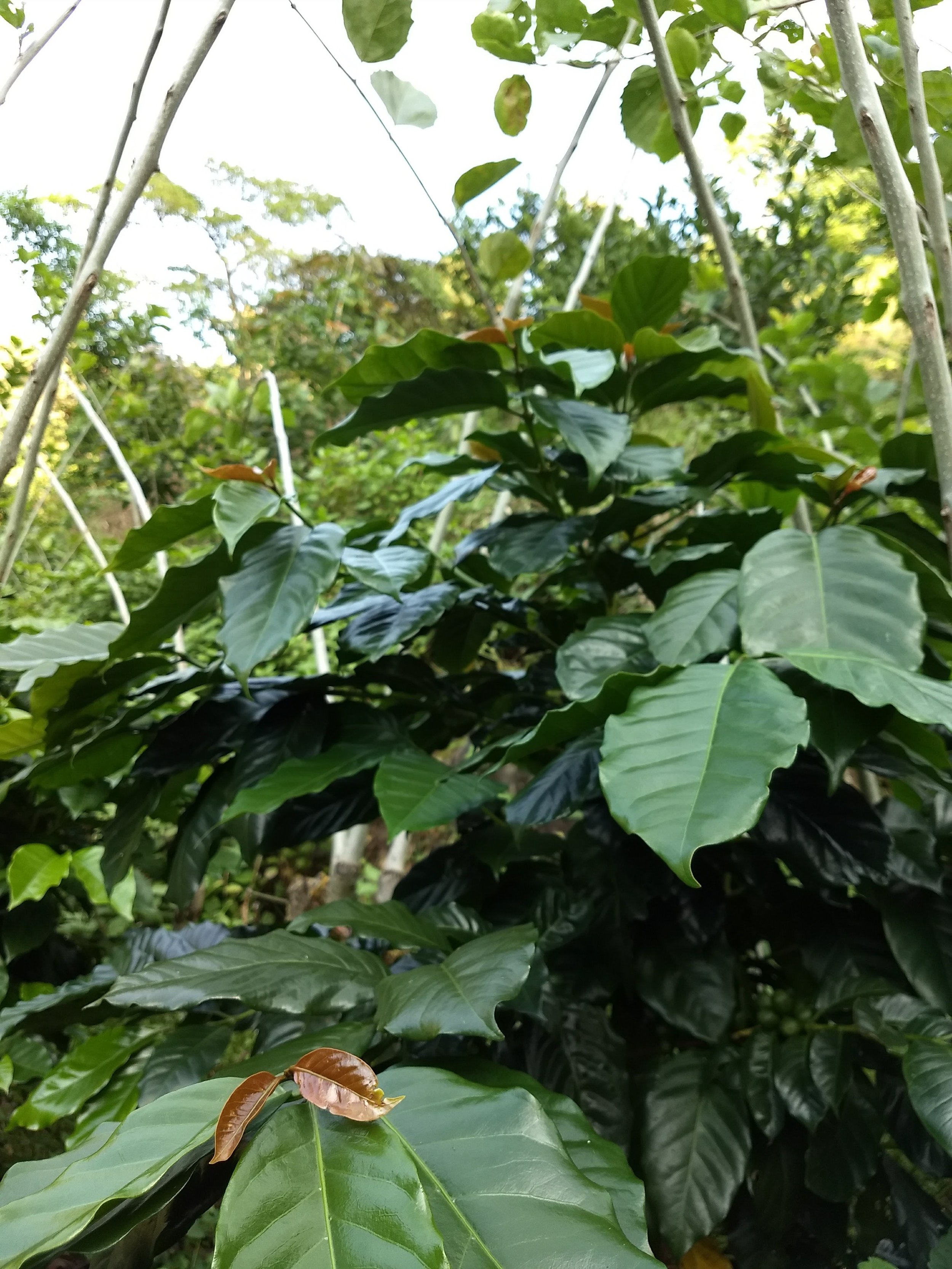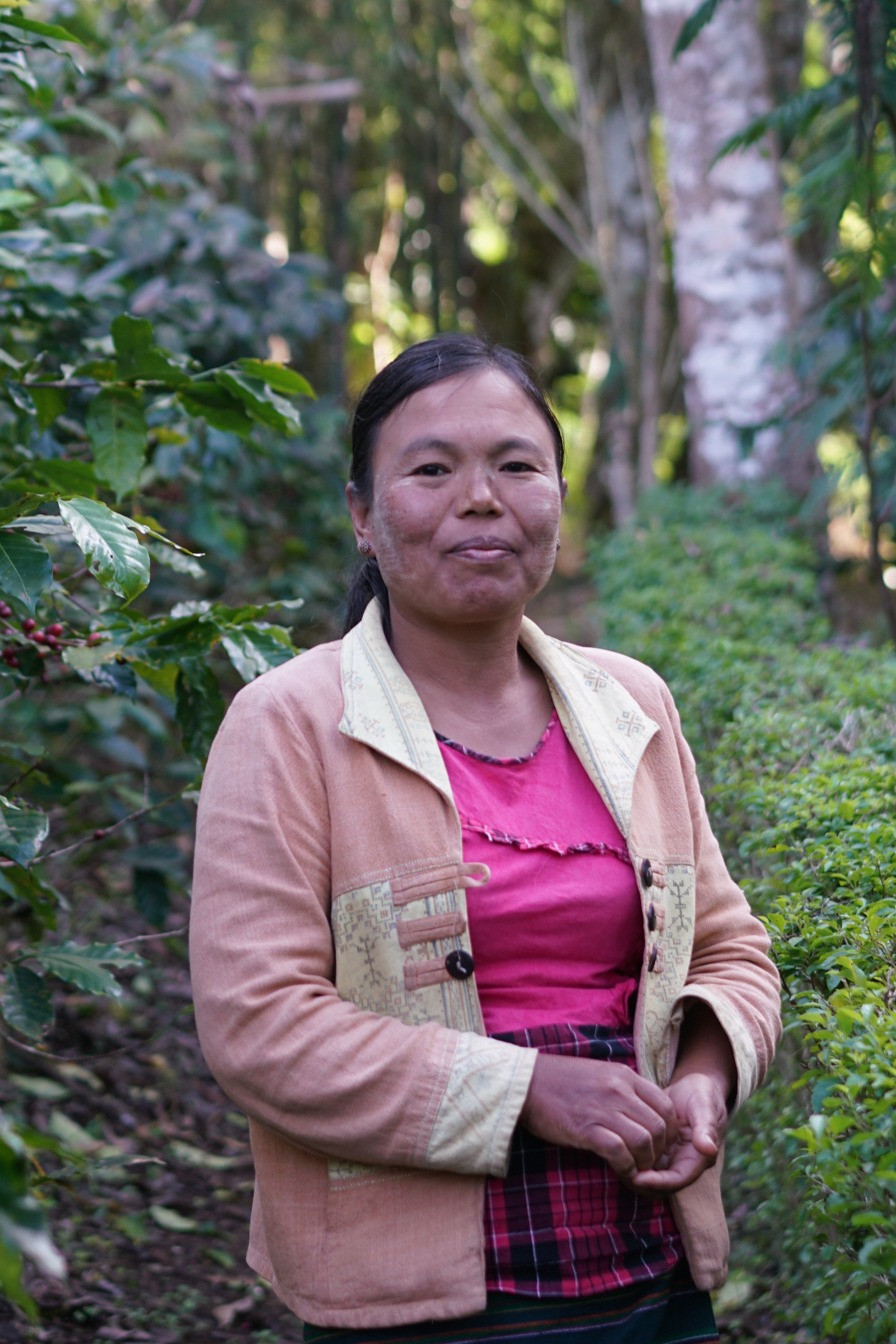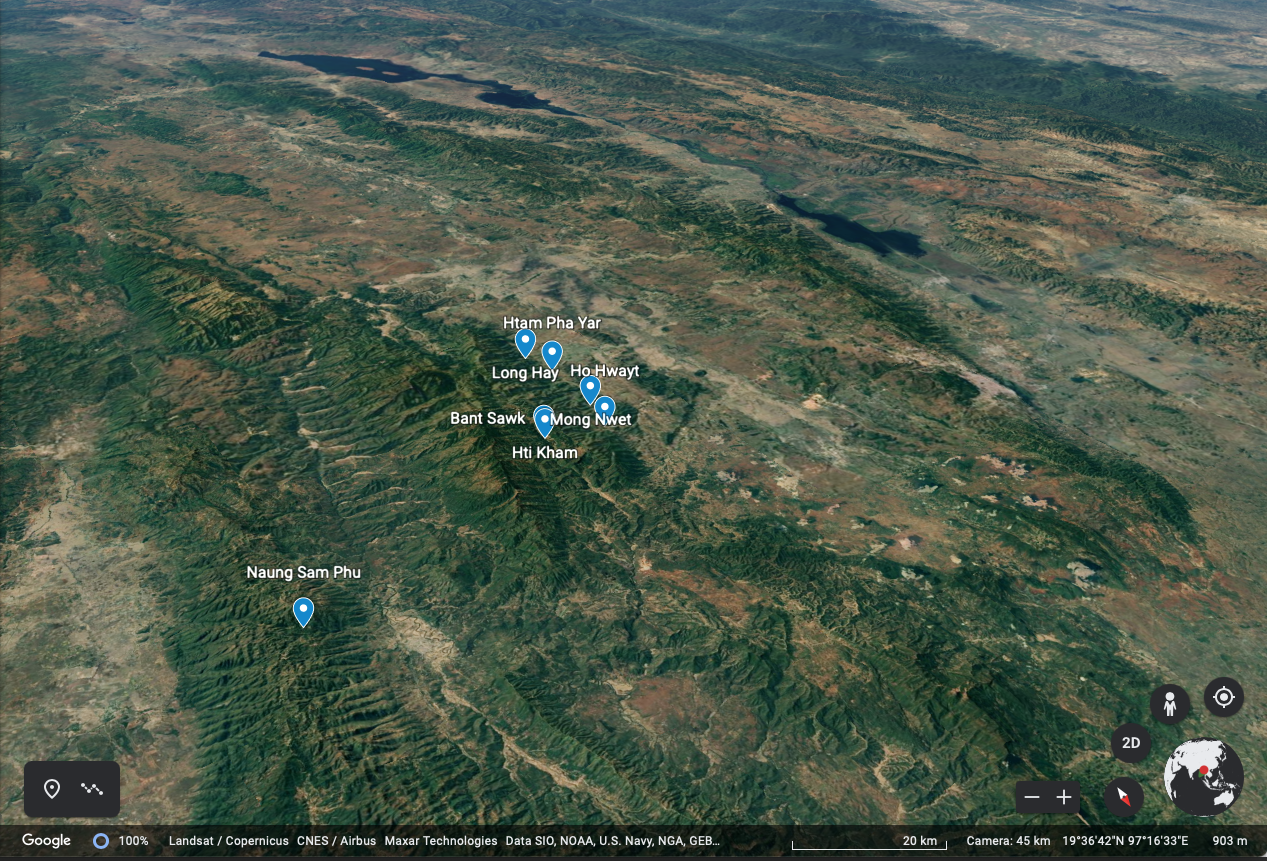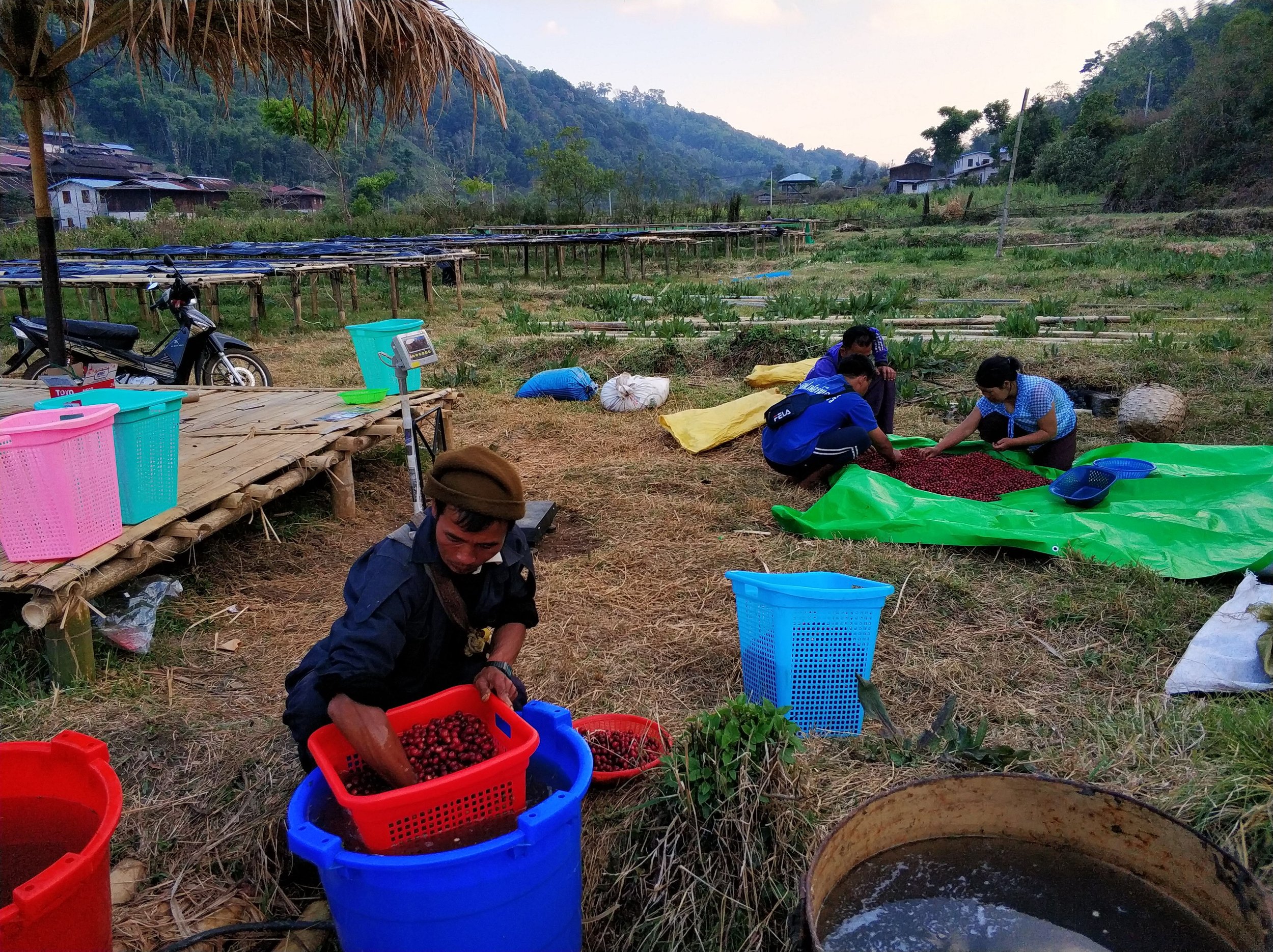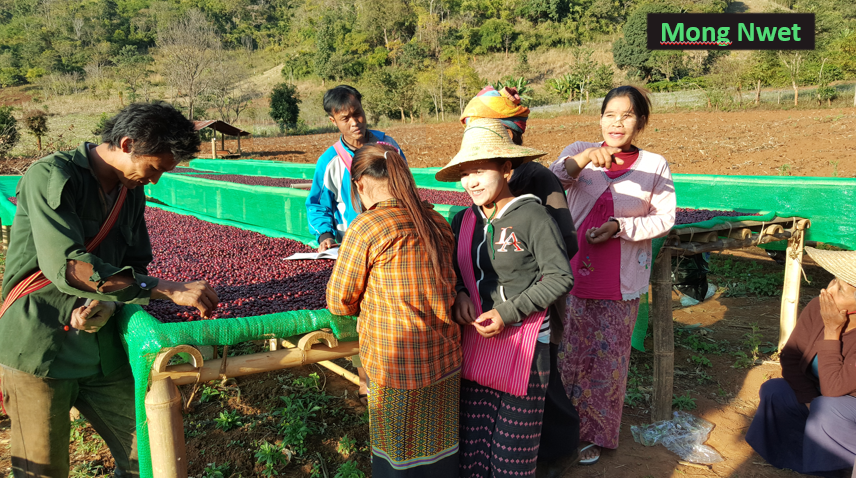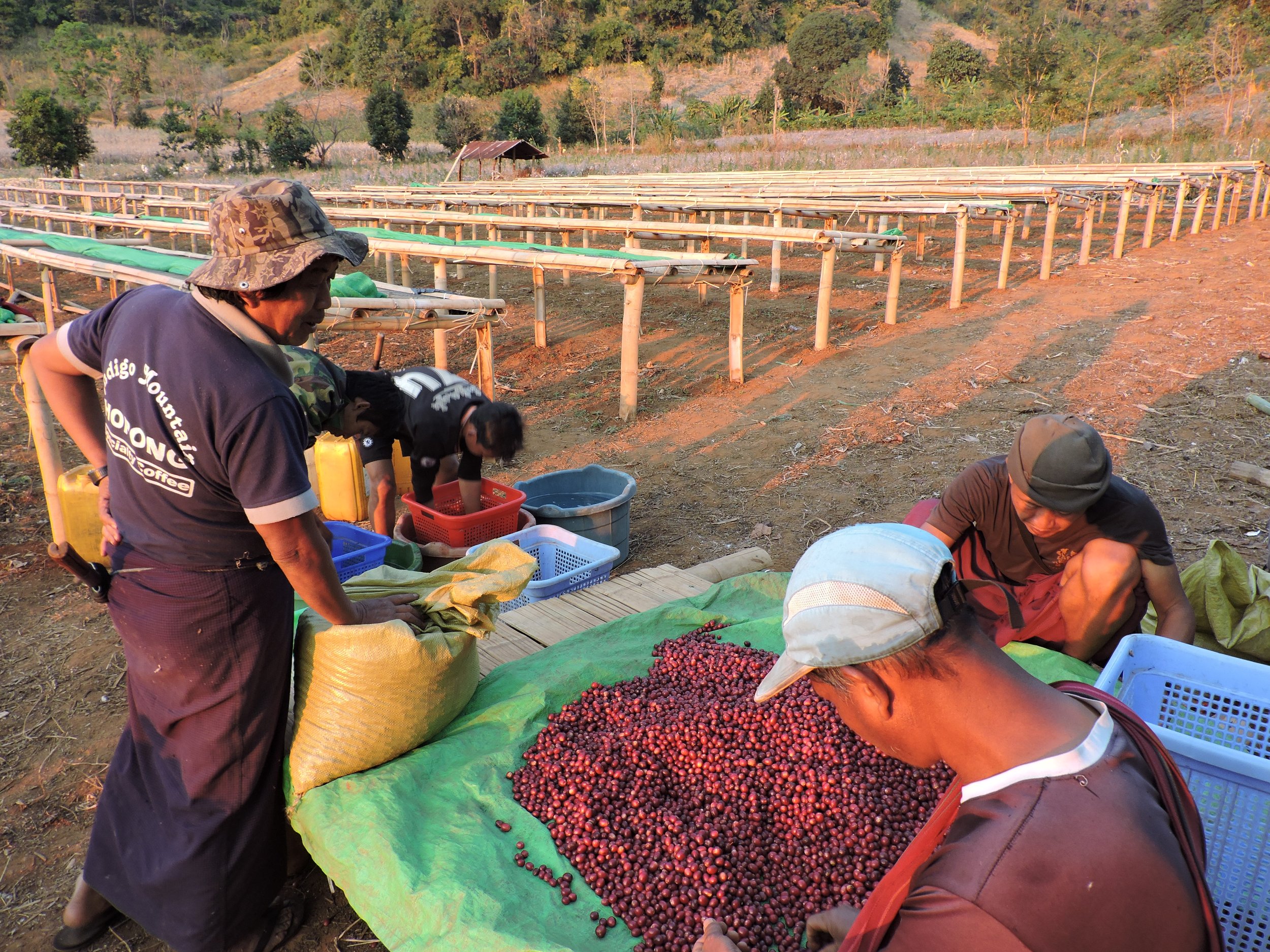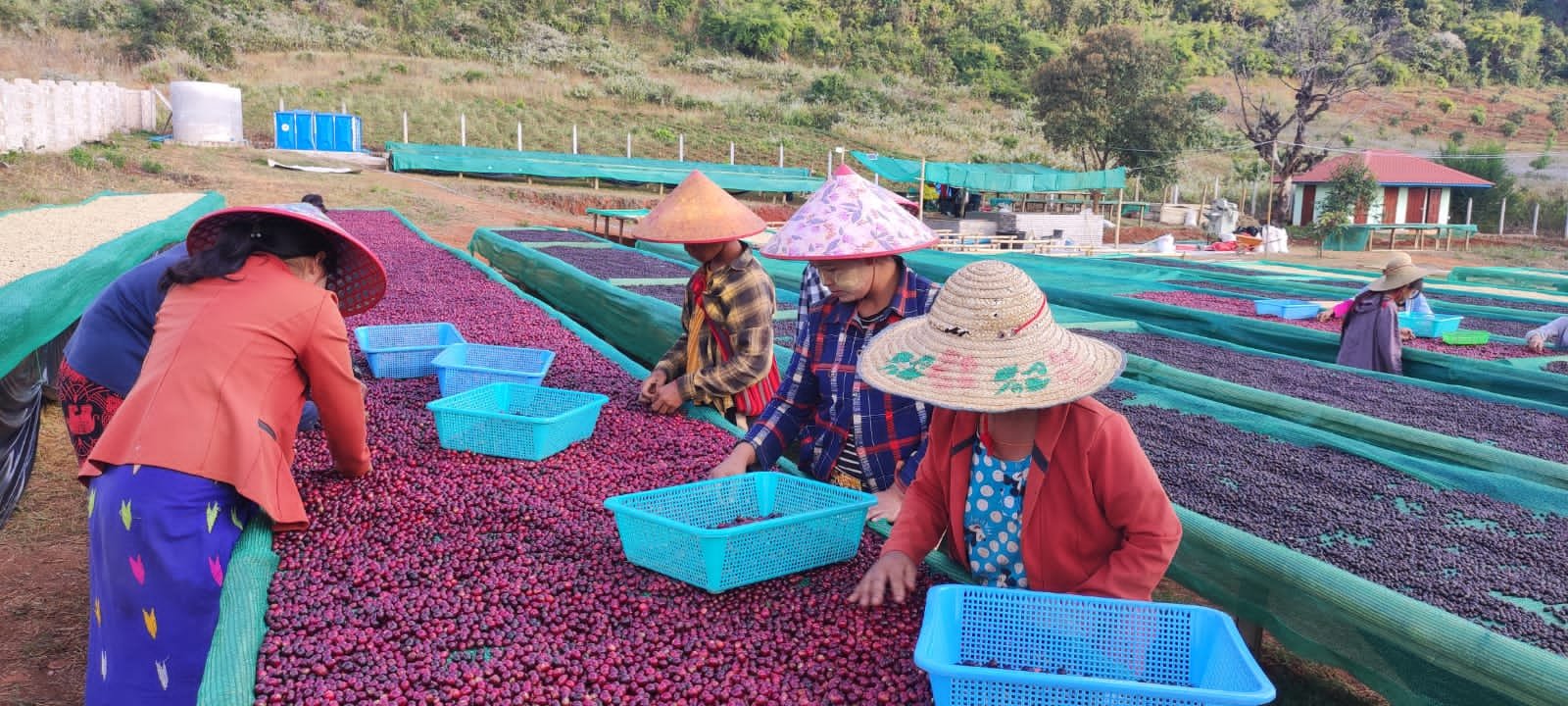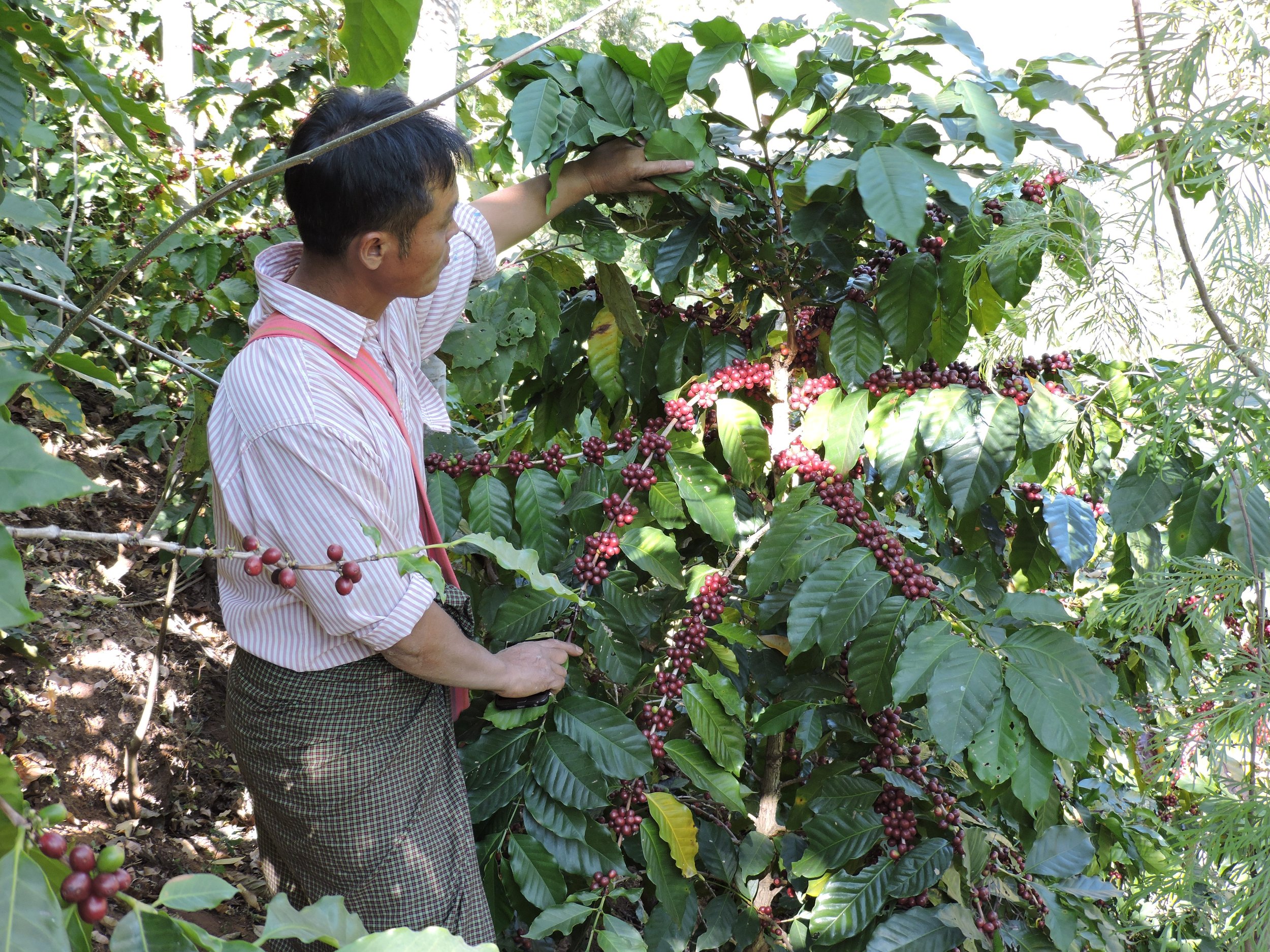finding hopong
In Hopong, hope comes in the form of coffee. An opportunity for many farmers to leave poppy farming. The harvesting of this controversial flower forces a way of living that is not only exhausting, but dangerous and extremely stressful. Besides dealing with constant threats and extortion, hiding harvests, and fear of losing a years' work to the police or thieves, is a constant challenge. Since poppy must be replanted every year and the possibilities of protecting a future for the family and community end up becoming extremely blurry.
Coffee, on the other hand, is a project that becomes theirs. Farmers can see their trees grow and evolve; they own long-term projects, and, given the positive results over the past 10 years, securing a future for their families becomes palpable.
After the UNODC spread the initial effort in eradicating poppy in 2014, Khun Saw Tun Aung and Khun Win Maung sought the resources to make their coffee better to get a better price, and sell it to the international market. Most coffee back then was cheaply sold to Thailand. Many farmers showed skepticism towards coffee as an alternative to poppy, wondering which markets will buy their coffees.
However, Khun Saw Tun Aung and Khun Win Maung always knew coffee could offer opportunities in the lives of many and decided to work towards this goal.
Today, Indigo Mountain offers technical, processing, and quality assistance to its farmers throughout the 11 villages. Khun Kyaw Min Htike, 37, the commercial director of Indigo Mountain, visits the farmers twice a week, all year round. "I want to help farmers," he states simply and talks about the complexities of his job. "Sometimes I train people, and they leave for Thailand soon after." Besides this, there's constant competition with Thai smugglers, plus other pressing political issues.
These are the 2022-2023 villages Indigo Mountain brought together this season. `
Click on their pictures to learn more about them.
While most farmers were skeptical about the benefits of coffee and resisted joining the project at first, after years of hard work, more and more farmers are leaving poppy behind and switching to coffee. In Myanmar, coffee grew from zero to 1,000 metric tons in the last decade.
bant Sawk
hectares: 7
trees: 20,000
farmers: 6
bags bought: 50
hti kham
hectares: 3
trees: 10,000
farmers: 4
bags bought: 17
Ho Hwayt
hectares: 14
trees: 12,500
farmers: 4
bags bought: 25
long hay
hectares: 4
trees: 1,200
farmers: 16
bags bought: 40
Hta Pha Yar
hectares: 3
trees: 10,000
farmers: 4
bags bought: 17
mong nwet
hectares: 10
trees: 10,000
farmers: 5
bags bought: 17
naung sam phu
hectares: 12
trees: 2,700
farmers: 9
bags bought: 17
Three Khuns
hectares: 32
trees: 500 (each)
farmers: 147
bags bought: 105
Phar Moon
hectares: 10
trees: 30,000
farmers: 55
bags bought: 33
This Side Up Value Chain
The price you pay : € 10,94
CULTIVARS:
Arabica S – 795, Catimor, Caturra, Catuai, Bourbon
ALTITUDE:
1,100 - 1,600 metres above sea level.
NOTABLE:
Determined farmers in the Hopong use specialty coffee as a means to counter illicit opium production. In their first year, they managed to create specialty naturals. TSU has been with Indigo Mountain from the start, supporting their development and buying the entire harvest of the eleven of Hopong’s villages.
Key Achievements:
2017: built a sun dried natural coffee station and sold their very first specialty lot in the international market.
2018: met the coop leaders in Amsterdam for the Producer Crossover. Upped our import from 3 to 50 bags, the entire harvest of Long Hay and surrounding villages. We gave a premium of € 3,24 for every kilo bought. Long Hay village joins the project, with a great response in the European market. Indigo Mountain is born as a company.
2019: three more villages started producing specialty naturals. We imported all of their coffee (201 bags) in five separate village lots and have sparked new hope for the wider former opium producing communities of the region. We switched exporter to Amayar, a company focused on empowering women in the coffee sector.
2020: devised a “corona model” in which a part of the coffee is paid at the moment and the rest is sent to us on consignment, imported as much coffee as we did last year to keep the relationship alive. Two new villages, Hti Kham and Hta Pha Yar joined the Hopong initiative.
2021: although facing unprecedented circumstances, Indigo Mountain continues attracting villages and villagers in Hopong. The positive response from the European market allows them to consolidate and bring on new projects with farmers.
2022: despite political turmoil, our shipment from Indigo Mountain safely arrives in Rotterdam. Our relationship becomes stronger with our partners as more villages join the project. Three Khuns, the most experimental village in Indigo Mountain, is born.
PROCESSING:
Sun dried natural process: cherries are hand picked by Hopong community members in the early hours of the day. Once collection is finished, members deliver cherries to Hopong drying stations. On delivery, cherries are screened and handpicked to about 95% cherry ripeness level. Fully ripe cherries are then placed on raised beds. Slow drying is a priority and drying times range between 13-17 days depending on weather conditions. All lots are separated by day and all members’ deliveries are fully traceable.
Fully washed: cherries are hand picked by Hopong community members in the early hours of the day, pre cleaned and floated to further selection. Cherries are then pulped in Penagos machine, which uses less water. Soon after, cherries are placed on fermentation tanks. When the fermentation finishes, cherries are washed in the washing channel, separated by grade, and dried on raised beds until the ideal moisture level is reached.
Honey washed: cherries are hand picked by Hopong community members in the early hours of the day, pre cleaned and floated to further selection. Cherries are then pulped in Penagos machine, which uses less water. Freshly pulped coffee is piled on the raised beds until reaching the ideal pH.
farmers from phar moon: €6,39
The price Indigo Mountain pays farmers for their dried cherries as p/kg price of green (milled) coffee. The extra € 1,44 is a premium we pay Indigo Mountain to reward the supreme quality they produce. This is invested in quality training for new members, roads and drying facilities. The prices paid to farmers in other villages as dried cherries is:
Bant Sawk: € 5,95
Hta Pha Yar: € 5,73
Hti Kham: € 6,06
Ho Hwayt: € 5,29
Long Hay Low: € 5,29
Long Hay High: € 6,39
Mong Nwet: € 5,29
Naung Sam Phuu: € 5,95
Three Khuns: € 5,29
Three Khuns Anaerobic: € 5,07
Indigo Mountain: €1,98
Amayar (dry mill) costs incurred: milling and packaging, local logistics from farm to mill/ from mill to port of Yangon, local taxes; quality control and marketing. They are also responsable for other things, such as picking up parchment on each village. The dry milling costs for other coffees is:
Bant Sawk: € 3,31
Hta Pha Yar: € 2,65
Hti Kham: € 3,20
Ho Hwayt: € 3,09
Long Hay Low: € 3,09
Long Hay High: € 2,87
Mong Nwet: € 3,09
Naung Sam Phuu: € 3,31
Three Khuns: € 2,87
Three Khuns Anaerobic: € 2,20
Shipping: €0,66
International shipping, customs, insurance, local haulage from the port of Rotterdam and offloading in our warehouse.
This Side Up: €1,40
This Side Up compensation for spending time and resources importing this coffee. Our work includes building relationships with shipping and warehousing partners, managing export, import and shipping bureaucracy, sampling and jointly promoting this coffee with Amayar and the Indigo Mountain farmers themselves. For a full overview of what we do to earn our margin, see the Trade Models page.
FINANCING: €0,45
Financing costs of the coffee incurred by This Side Up’s lenders. The financing margins for other coffees is:
Bant Sawk: € 0,50
Hta Pha Yar: € 0,45
Hti Kham: € 0,50
Ho Hwayt: € 0,45
Long Hay Low: € 0,45
Long Hay High: € 0,50
Mong Nwet: € 0,45
Naung Sam Phuu: € 0,50
Three Khuns: € 0,44
Three Khuns Anaerobic: € 0,40
REGENERATIVE: €0,06
A standard TSU premium on all coffees designated exclusively to accelerate farmers’ own regenerative agriculture projects. This margin will go to make compost for the farmers in the villages, renovate the road that connects the village to the farm and build a new variety nursery.
AVAILABLE FROM indigo mountain:
Bant Sawk
Phar Moon
Hta Pha Yar
Long Hay Low
Long Hay High
Mong Nwet
Ho Hwayt
Hti Kham
Three Khuns
Three Khuns - Anaerobic Fermentation
Nwang Sam Puu
CONTACT INDIGO MOUNTAIN:
Get in touch with Khun Kyaw Min Htike if you want to learn more about their specialty coffee production or visit the villages in Hopong. He only has occasional access to his accounts because of local political circumstances, so please be patient.
SALES DIRECTOR: Khun Kyaw Min Htike
EMAIL: indigomountaincoffee@gmail.com / kkmh1985@gmail.com
Ban Sawk and Htant Hpa Yar, Hopong - Myanmar
PHOTO GALLERY:
You may use these images to promote Indigo Mountain.
BACKGROUND
Hopong is a township located in Taunggy District in Southern Shan State. It is a part of a self-administered zone led by the Pa-O ethnic group. It has been growing coffee for many decades but production has been unstable. Cherry prices are very low and most farmers are not interested in coffee farming. Cheroot leaf –used to produce cigars – is another cash crop available in the area. But again, prices are not attractive to farmers. Since both coffee and cheroot leaf haven’t been profitable, most farmers focus on growing poppy – a flower whose sap is used to produce opium. Poppy production is not legal in Myanmar.
While cheroot has very high production costs and low margins, poppy has very high profit margins, but it’s incredibly risky. Besides exposing farmers to all sorts of dangers, such as exploitation and manipulation from powerful and wealthy drug lords, farmers become targets of government led expeditions to eradicate poppy farms. In many ways, farmers are caught in between power and money dynamics. This is why many farmers hide the poppy they harvest and wait. When the opportunity to sell it to brokers arrives, the meetings are arranged and transactions occur.
COFFEE IN HOPONG
Hopong communities learnt about specialty coffee through a program hosted by the UNODC in 2014, in alliance with the then government this program aimed to offer "inclusive agricultural growth and systemic transformation of Myanmar's agriculture sector". Amongst other things, this program aimed to offer an alternative to poppy, though coffee. This program brought coffee to some regions for the first time, and with close examination and follow up, many farmers discovered the benefits of coffee and gradually started to shift from poppy. However, once the program was concluded, the coffee was sold at a very low price to Thailand. Members from Bant Sawk recurred on social media to learn more about specialty coffee and improve their practices. They wanted to learn from neighbouring communities that were already producing speciality sun-dried natural coffee; they wanted to get a better price for their coffee, and they knew they could.
At some point members of the soon to be Indigo Mountain, and community members of Bant Sawk, contacted Winrock International (NGO running specialty coffee production in the area) where Khun Ko Chu Min Tai then worked offering technical assistance to farmers seeking to improve their quality. However, due to limited scope and funding, Winrock could not fully accommodate their request, but managed to arrange a 2 week peer-to-peer training. Leaders from Hopong stayed in one of the specialty coffee producing communities to learn the tricks of the trade. After this training, they produced their very first six bags of sun dried natural coffee and soon after agronomist Khun Ko Chu Min left his job at Winrock and decided to join the organisation in 2019.
OUR RELATIONSHIP WITH INDIGO MOUNTAIN
In 2018, and after thinly spreading the only 3,5 bags that were left throughout Europe, the Hopong cooperative and This Side Up got stronger —especially after the quality time spent at the World of Coffee, where we made plans for long-lasting cooperation. With our premium of € 3,24 per kilo, they were comfortable to invest and expand to 40 bags of naturals that season. Long Hay and surrounding smaller settlements were the main producing villages that year; Bant Sauk was much smaller. After the successes of Bant Sauk and especially Long Hay, in 2019 three more villages joined the Hopong project: Ho Hwayt, Nwang Sam Phu and Mong Nwet. The Hopong community established a new company to manage all processing, agronomic practices upgrades and collective bargaining, and so Indigo Mountain was born. We imported all of these villages’ coffee (201 bags) in five separate village lots, between 18 and 60 bags in size. We also switched exporters to Amayar, a company focused on empowering women in the coffee sector. In 2020, many communities became more dependent on this relationship, and we created a shared risk model in which a part of the coffee is paid at the moment and the rest is sent to us on consignment. We were able to import as much coffee as the previous year. To our surprise, farmers themselves preferred gradual payment of our high prices over immediate but low market prices - valuing higher but spread income over short term gains - a great sign of economic development that allows farmers to resist shocks like the Corona crisis. Additionally, we welcomed two new communities: Hti Kham and Htam Pha Yar for a total of seven. Today, Indigo Mountain, although facing critical circumstances, continues to attract villages to join the project, adding to a total of 11 villages. More and more farmers in the villages join the project and each individual village grows.
Location of the 7 villages collaborating with Indigo Mountain today.



